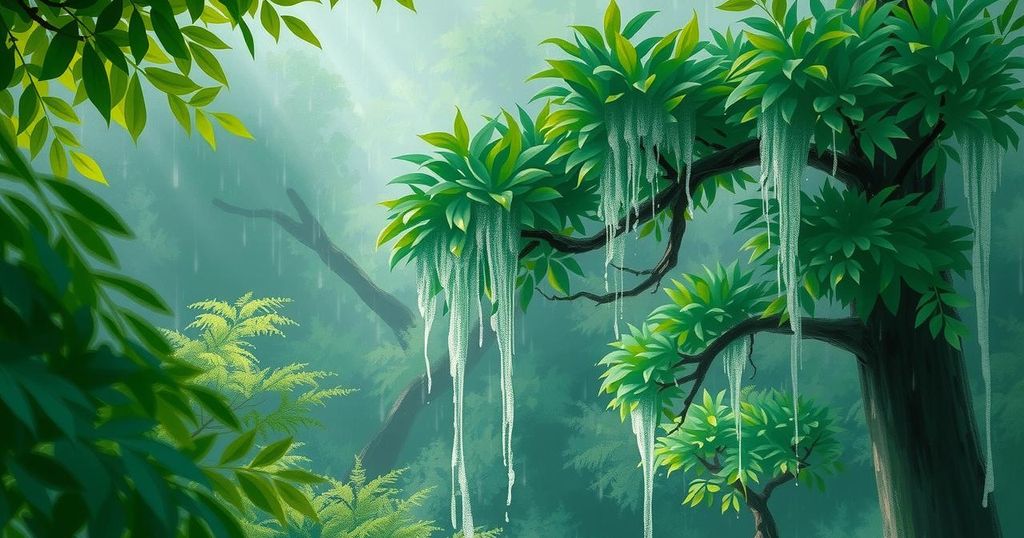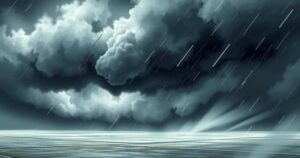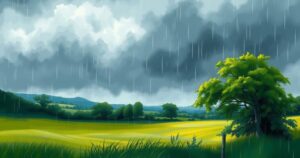Japan’s Worst Wildfire in 50 Years Halted by Rainfall

Heavy rainfall has helped to stop the spread of Japan’s largest wildfire in over 50 years, which has led to one death and the evacuation of over 4,500 residents. Officials are working to confirm safety for returning residents, though some fire sources remain. The situation underscores the connection between climate change and increased wildfire risk.
Recent rainfall has brought relief to Japan, halting the spread of its worst wildfire in over fifty years. The fire, which ravaged around Ofunato for over a week, resulted in one fatality and prompted the evacuation of more than 4,500 residents. Local officials noted that rain beginning Wednesday was pivotal in helping firefighting efforts.
Ofunato Mayor Kiyoshi Fuchigami acknowledged the positive impact of the rain on the firefighting situation during a briefing. Residents expressed their eagerness to return home as the mayor confirmed that evacuation orders would be rescinded upon ensuring safety. Despite the rain, officials reported persistent fire sources and smoke in several areas.
The wildfire has scorched around 2,900 hectares (approximately 7,170 acres), making it the largest wildfire in Japan in over half a century, surpassing one that occurred in 1975. The region faced its hottest summer recorded last year, exacerbated by climate change. This year, Ofunato received an unprecedented low of just 2.5 millimeters of rain in February, indicating severe drought conditions.
Currently, at least 78 buildings have suffered damage; the full extent of the impact is still under assessment. While the number of wildfires in Japan has decreased since a peak in the 1970s, approximately 1,300 wildfires were reported in 2023, primarily between February and April when conditions are drier.
Greg Mullins, a former commissioner of fire and rescue in New South Wales, remarked on how the Ofunato fire and concurrent wildfires in Los Angeles are unusual for occurring in cooler months. He attributes these phenomena to preceding hot summers that increase evaporation and vegetation dryness, coupled with significant rainfall deficits, a pattern linked to climate change.
In conclusion, recent rain has significantly mitigated the spread of Japan’s most severe wildfire in decades. Although officials are still assessing damage and ensuring resident safety, the rainfall marks a critical turning point in the firefighting efforts. The discussions surrounding these wildfires highlight the urgent implications of climate change on seasonal weather patterns and wildfire occurrence.
Original Source: www.news-graphic.com







